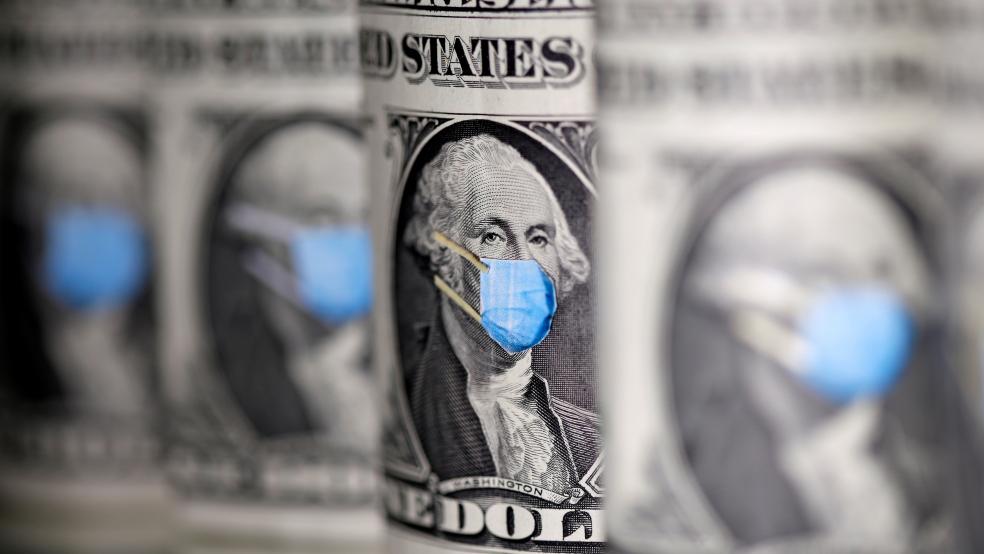The Paycheck Protection Program, the pandemic aid effort that provided nearly $800 billion in forgivable loans to small businesses, was plagued by massive fraud. Financial technology companies facilitated that fraud, according to a damning report released Thursday by the House Select Committee on the Coronavirus Crisis.
The PPP was administered by private lenders, and the report says that fintech companies played a huge part as middlemen helping to process applications and get out the emergency relief funds. But congressional investigators allege that the companies often overlooked signs of fraud, or even welcomed such questionable loans, and then “sought to evade responsibility” by pointing fingers at the Trump administration.
“Despite fintechs’ claims that their use of technology and innovation would allow them to better administer the PPP than traditional financial institutions, many of these companies appear to have failed to stop obvious and preventable fraud, leading to the needless loss of taxpayer dollars,” the report says. “The Select Subcommittee’s investigation found that many fintechs, largely existing outside of the regulatory structure governing traditional financial institutions and with little to no oversight from lenders, took billions in fees from taxpayers while becoming easy targets for those who sought to defraud the PPP.”
The watchdog report says that two fintech companies, Womply and Blueacorn, facilitated nearly a third of all the PPP loans funded in 2021 but failed to implement strong fraud-detection systems despite a responsibility to safeguard taxpayer money.
Blueacorn, for example, received more than $1 billion in processing fees “but spent little on fraud prevention and eligibility verification,” the report says. It adds that the company spent $8.6 million, or less than 1% of the fees it got, on its fraud prevention program, but gave its owners nearly $300 million in profits and also directed some $666 million to a marketing firm controlled by some of its top leaders.
Womply was paid more than $2 billion in processing fees, but its fraud prevention practices were criticized by lenders as “put together with duct tape and gum.” The company also took more than $5 million in PPP loans for itself, which the Small Business Administration later determined it was not eligible to receive, according to the report.
Internal communications from another fintech, named Kabbage, which facilitated more than 310,000 PPP loans, showed that employees were aware that the company’s loan review process was problematic. One employee wrote her supervisor that “the level of fraud we’re reviewing is wildly underestimated.” In another message, a Kabbage risk manager told his team of fraud specialists that the level of diligence in evaluating PPP loans was different than in other lending because “the risk here is not ours – it is SBA’s risk.” In a September 30, 2020 email, Kabbage’s head of policy wrote: “At the end of the day[,] it’s the SBA’s shitty rules that created fraud, not [Kabbage].”
The bottom line: The fintech companies involved generated huge profits from the PPP, while fraudsters and criminal gangs identified them as the “paths of least resistance” to bilking the government out of billions of dollars.
Rep. Jim Clyburn (D-SC), who chairs the House subcommittee that prepared the report, called for further investigation into the companies involved. In a statement, he said: “We must learn from this inexcusable misconduct, to erect guardrails that will help ensure that federal programs—including emergency assistance programs in future crises—are administered more effectively, efficiently, and equitably while keeping waste, fraud, and abuse to an absolute minimum.
Read more about the report at The Washington Post.
P.S. It’s nowhere near as important, but needs to be said: Can we do something about these fintech company names?





